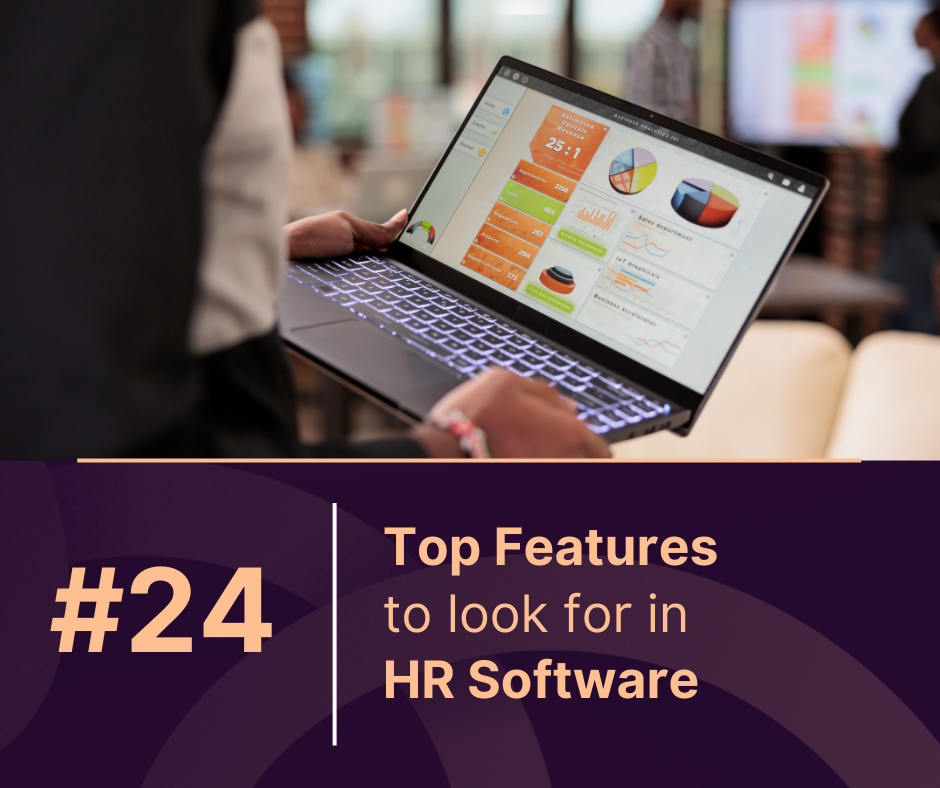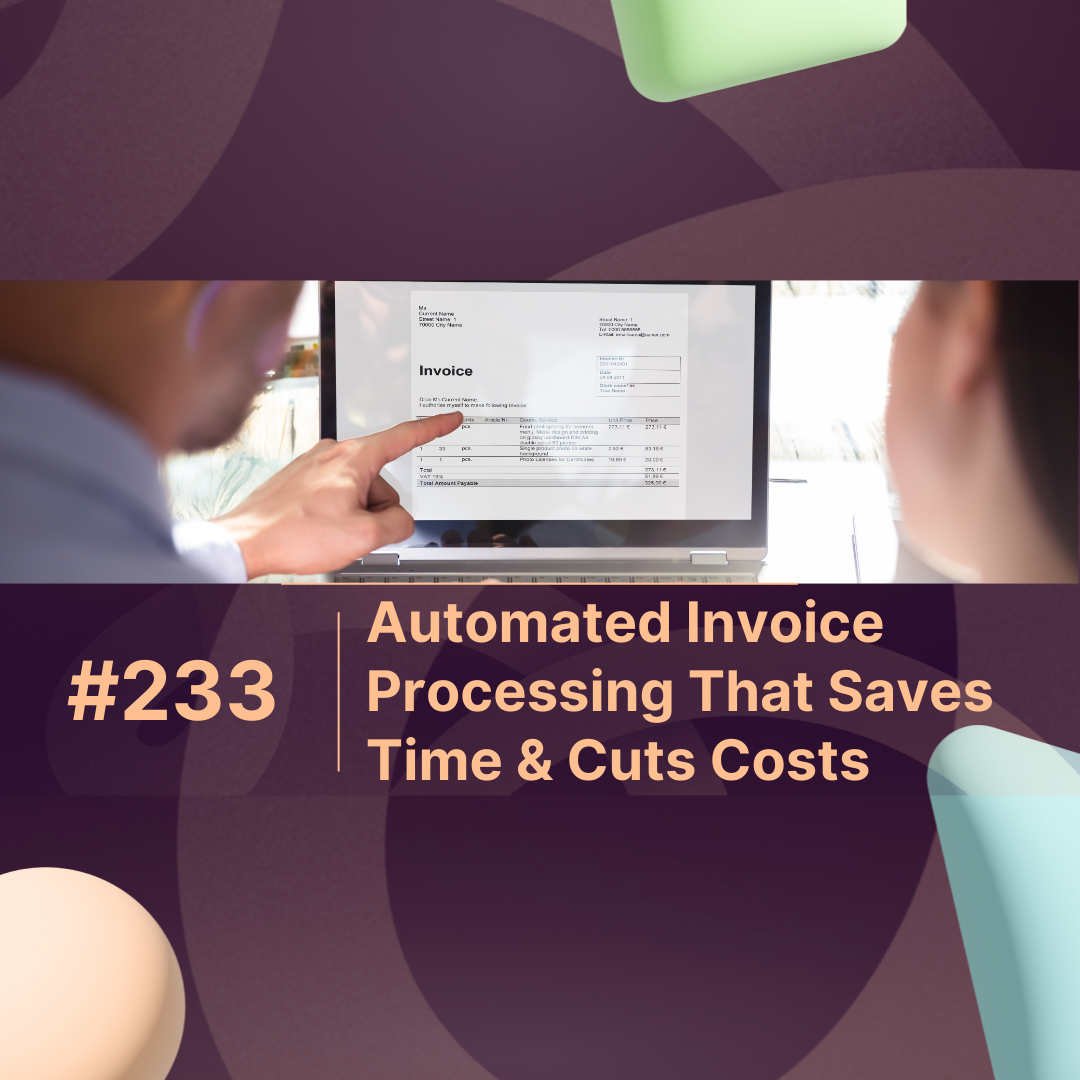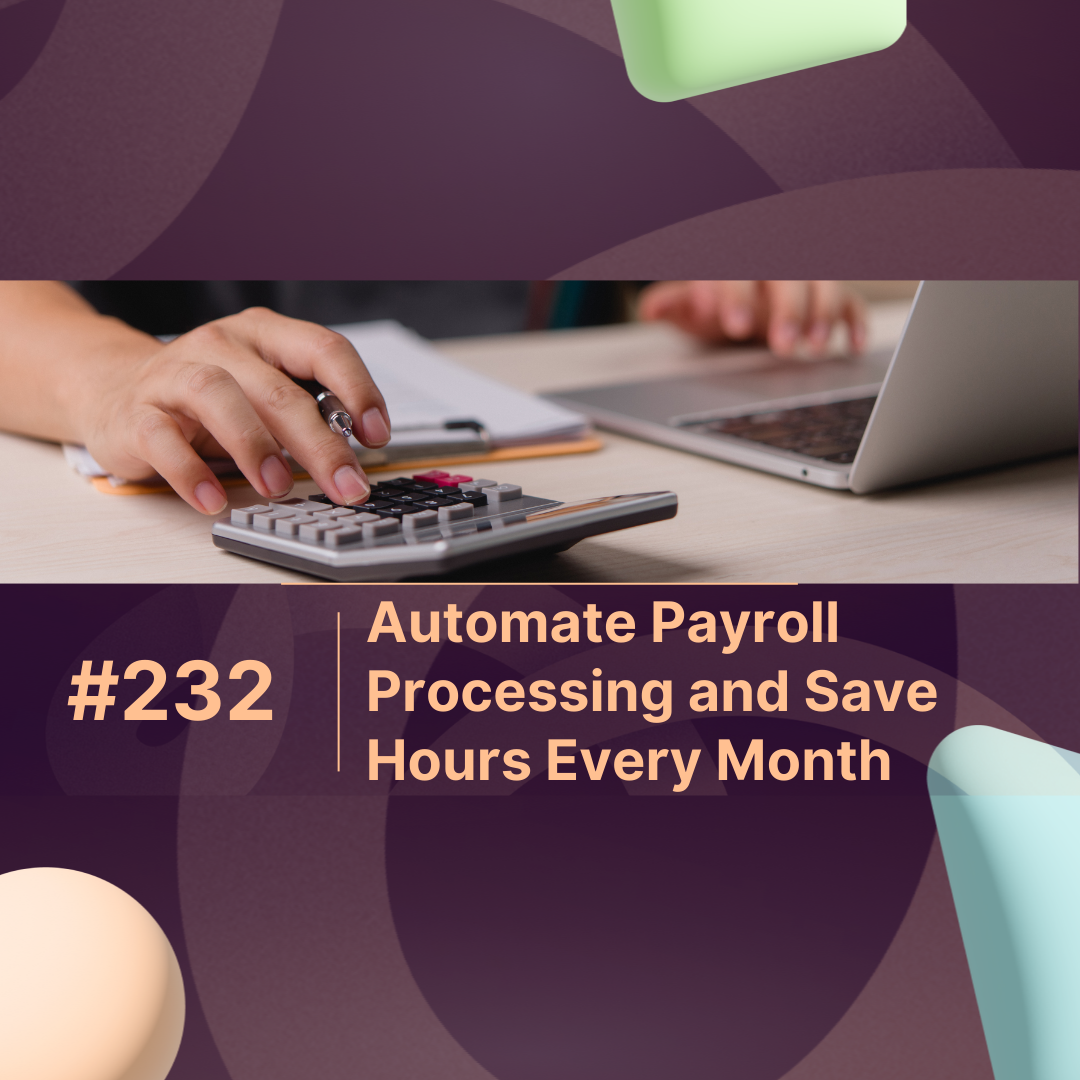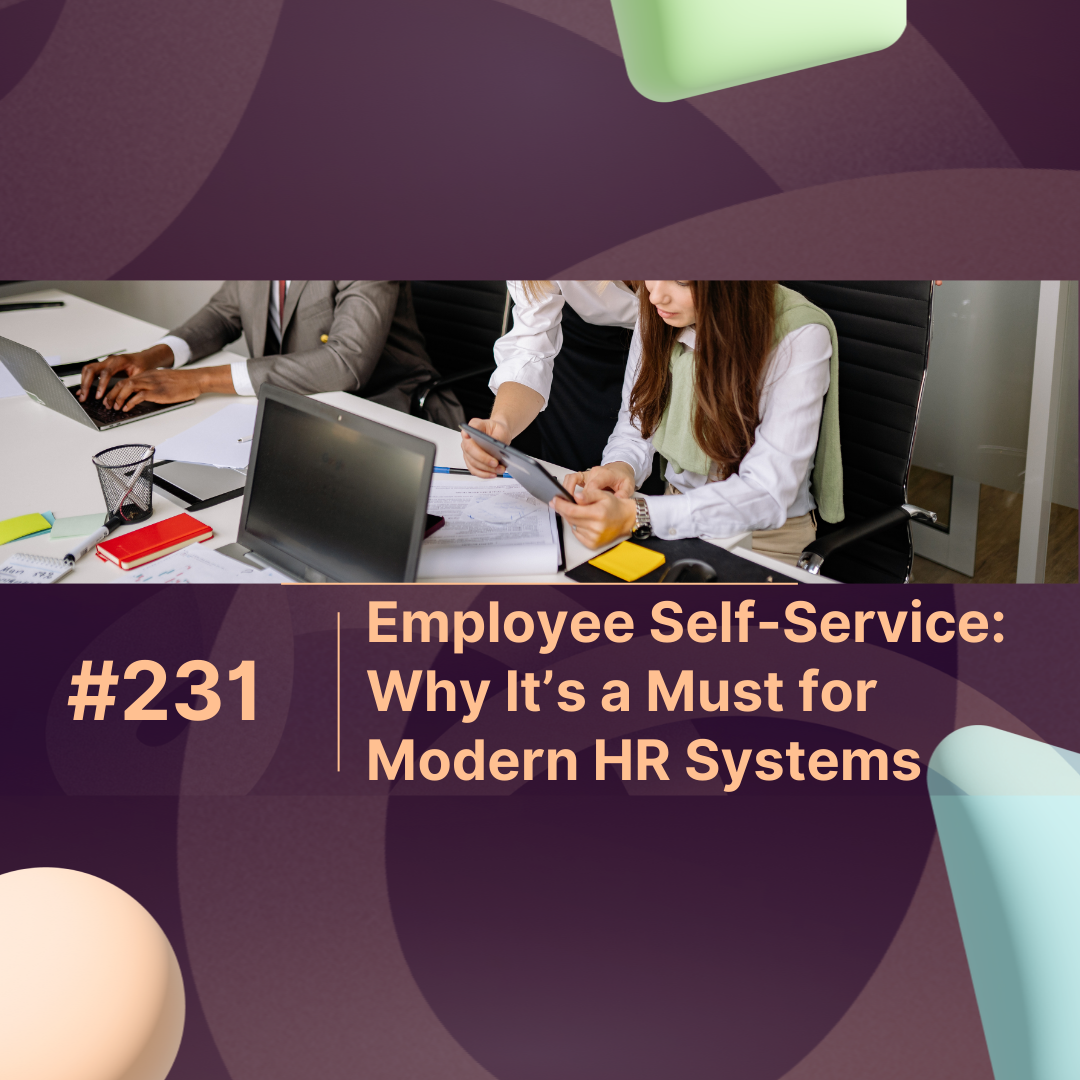In today’s fast-paced business environment, even small companies need advanced tools to manage their most valuable resource: people. Human Resources (HR) tasks such as payroll management, employee engagement, recruitment, and compliance, can quickly become overwhelming without the right software in place. That’s where HR software for small businesses comes in—streamlining operations and improving overall productivity. But with so many options on the market, it can be difficult to figure out what features are essential for small business success.
In this post, we’ll break down the top features to look for in smart HR software, ensuring that your company can manage HR processes efficiently while staying cost-effective and scalable as you grow.
1. Payroll Management
For small businesses, payroll is one of the most critical HR functions. Mistakes in payroll processing can lead to financial penalties and unhappy employees. A smart HR software should automate payroll tasks, including salary calculations, tax deductions, and benefit allocations.
An ideal HR software will integrate with your accounting tools, making it easier to ensure financial accuracy. It should allow for flexible payroll cycles—whether you pay weekly, bi-weekly, or monthly. Additionally, a user-friendly payroll dashboard will save HR teams countless hours and ensure that all employees are paid correctly and on time.
2. Employee Self-Service Portal
One of the greatest ways to boost efficiency in HR is by enabling employees to manage their own information. An employee self-service portal gives your staff access to update their personal details, request time off, and check their pay stubs without needing to go through HR. This feature not only frees up time for HR managers but also empowers employees by giving them autonomy over basic HR-related tasks.
In small businesses, where HR teams may be lean, the ability for employees to perform these self-service tasks is a game changer. Look for HR software that offers a customizable and intuitive employee portal to enhance their user experience.
3. Time and Attendance Tracking
Tracking employee work hours, overtime, and leave can be a cumbersome task if done manually. Having an automated time and attendance tracking system is a must-have for small businesses. The best HR software will offer features such as clock-in/out systems, geolocation tracking for remote workers, and leave management—all of which can be accessed from a mobile app for added convenience.
This feature ensures that employee attendance data is accurate, reduces payroll errors, and helps managers identify patterns such as excessive absences. Moreover, integration with payroll means that approved hours can automatically be sent to the payroll system, minimizing administrative tasks.
4. Recruitment and Applicant Tracking
Small businesses often have limited resources for recruiting, which means an applicant tracking system (ATS) is crucial. The recruitment process can be time-consuming, but an ATS feature within your HR software can simplify it by helping you post job openings, review applications, and communicate with candidates.
An advanced ATS will also provide tools for candidate screening, such as automated resume parsing and interview scheduling. This can streamline the hiring process, ensuring that you find the right candidates quickly without overburdening your HR team. Many platforms also offer analytics so that you can track recruitment performance and identify bottlenecks in the hiring process.
5. Compliance Management
Small businesses must adhere to various labor laws and regulations, which can vary by location or industry. Compliance management features within HR software help ensure that your business remains compliant with minimum wage laws, overtime regulations, and employee classification rules.
A comprehensive HR software will notify you of upcoming compliance deadlines, help you generate necessary reports, and keep track of changes in labor laws that could affect your business. This feature reduces the risk of legal issues and penalties, allowing you to focus more on growth and operations.
6. Performance Management
Managing employee performance is key to ensuring that your team remains productive and aligned with company goals. Performance management features within HR software allow managers to set goals, provide feedback, and conduct performance reviews efficiently.
Many systems offer 360-degree feedback options, enabling peers, subordinates, and managers to provide input on an employee’s performance. This feature is particularly useful for small businesses, where transparency and employee development are critical to long-term success.
Furthermore, performance management tools can often integrate with training modules, so employees can continuously develop their skills and align with the company’s objectives.
7. Reporting and Analytics
Understanding your HR data is vital for making informed business decisions. The best HR software provides comprehensive reporting and analytics tools, allowing you to gain insights into employee turnover, attendance, recruitment success, and more.
In small businesses, data-driven decision-making can help in spotting trends early and making necessary adjustments before issues escalate. For instance, if your analytics show high turnover in a particular department, you can investigate and implement strategies to boost retention. Moreover, customizable reports allow you to focus on the metrics that matter most to your business.
8. Scalability
As a small business owner, it’s essential to invest in software that will grow with your company. Choosing a scalable HR solution means that as you expand your workforce, the software can continue to meet your needs without the need for a costly upgrade or migration to a new system.
Look for HR software that offers tiered pricing based on employee count or features, allowing you to upgrade your plan as you grow. This ensures that your investment is future-proof and that your business can continue to thrive without interruptions.
Conclusion
Investing in HR software for small businesses is no longer optional—it’s a necessity for ensuring efficient operations, employee satisfaction, and legal compliance. By choosing software with essential features like payroll automation, employee self-service, time tracking, and recruitment tools, you’re setting your business up for success. Be sure to evaluate your specific needs, and choose a scalable solution that can evolve as your company grows.
Ultimately, the right HR software not only saves time and reduces errors, but it also enhances employee engagement, helping your small business run smoothly and grow sustainably.
Questions:
1. Why is payroll management a crucial feature in HR software for small businesses?
Payroll management is critical because small businesses need to ensure that employees are paid accurately and on time, while also adhering to tax and compliance regulations. Mistakes in payroll can lead to financial penalties and upset employees. Smart HR software automates salary calculations, tax deductions, and benefit allocations, saving time and reducing the risk of errors.
2. How does an employee self-service portal improve efficiency in small businesses?
An employee self-service portal allows employees to manage basic HR tasks like updating personal information, requesting leave, and viewing their pay stubs without having to go through HR. This boosts efficiency by freeing up HR managers’ time and empowering employees to handle their own HR-related matters. In small businesses with limited HR teams, this feature is a game changer.
3. What are the benefits of automated time and attendance tracking?
Automated time and attendance tracking simplifies managing employee work hours, overtime, and leave. This feature helps small businesses avoid manual tracking errors, ensures accurate payroll, and provides data to managers for identifying patterns, such as excessive absences. Integration with payroll systems further minimizes administrative tasks, saving time for HR teams.
4. Why is an Applicant Tracking System (ATS) important for small businesses?
An ATS is essential for small businesses because it simplifies the recruitment process by automating tasks like job posting, application review, and candidate communication. An ATS streamlines hiring, helping businesses find the right candidates faster without overburdening HR. This feature also includes analytics to track recruitment performance, making it easier to identify areas for improvement.
5. How does compliance management help small businesses?
Compliance management ensures that small businesses adhere to local labor laws, such as minimum wage requirements and overtime regulations. HR software with compliance features alerts businesses to upcoming deadlines, generates necessary reports, and tracks changes in labor laws. This helps reduce the risk of legal issues or penalties, allowing small businesses to focus on growth and operations.
6. What is the importance of performance management tools in HR software?
Performance management tools help managers set goals, provide feedback, and conduct performance reviews efficiently. In small businesses, this ensures that employees remain productive and aligned with the company’s objectives. Features like 360-degree feedback encourage transparency and employee development, which are key to long-term business success.
7. Why should small businesses prioritize scalability when selecting HR software?
Scalability ensures that as a small business grows, its HR software can continue to meet its needs without requiring a costly upgrade or migration to a new system. Choosing a scalable solution with tiered pricing allows businesses to expand their workforce while maintaining HR efficiency, making the software investment future-proof.



